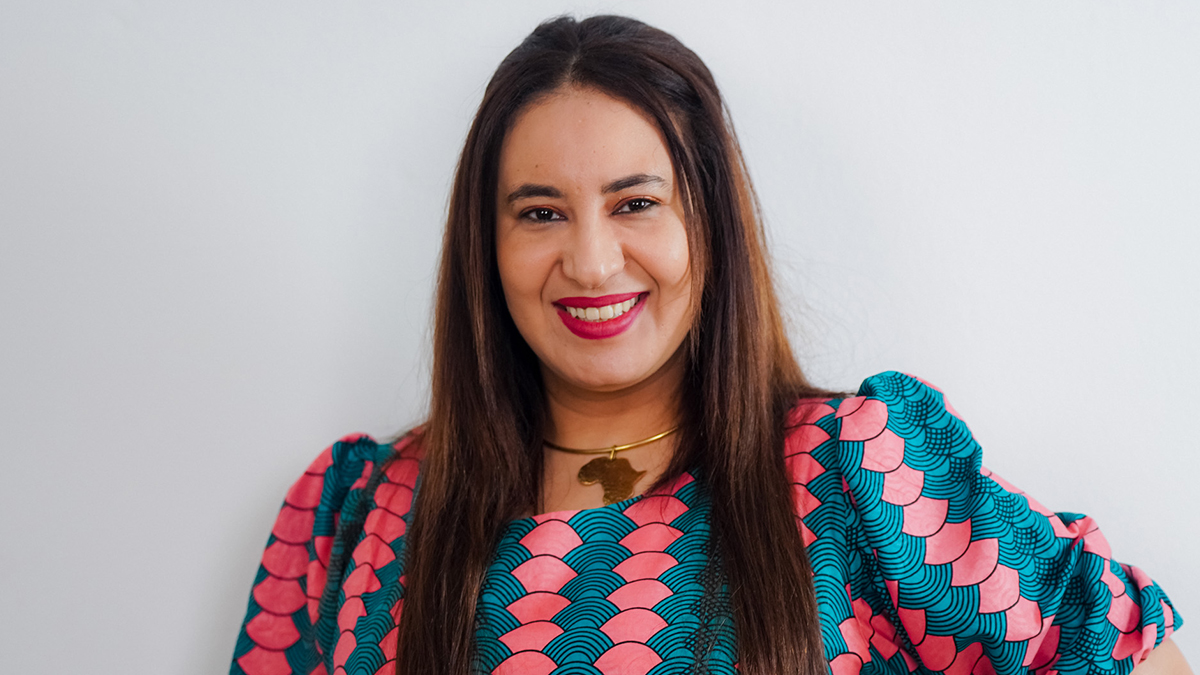In this episode of ITWeb TV, Maha Jouini, vice president of African & Francophone Agency for AI and former researcher at AI Global Index, discusses how AI can be a catalyst for development and equality, particularly for marginalised groups like African and Arab women. #WomeminTech #ArtificialIntelligece
The fourth industrial revolution and artificial intelligence (AI) hold immense potential to drive African prosperity, catalyse development and promote equality, especially for marginalised communities, including African and Arab women.
This is according to Maha Jouini, vice-president of African & Francophone Agency for AI and former researcher at AI Global Index.
Speaking to ITWeb TV, Jouini emphasised that these technologies can be leveraged to shape the narrative and build the Africa we envision.
She noted the importance of Africans having their own AI models, as only 1% of data in most AI models comes from the global south. Jouini added that these AI models aren’t designed with local perspectives, and the datasets and projects are developed without Africans’ input. “As a result, we can’t, as Africans, expect the solutions they provide to truly address our needs.
“In Africa, we have almost 2 000 languages. We cannot speak about one language in Africa because our continent is diverse and we cannot have a one-centric AI model. That’s why I always stand for localising AI models and thinking about an African-led AI design,” she said.
Jouini said in Africa, technology is not only about following trends, but should prioritise functionality and inclusivity, making life easier for everyone, not just the elite.
Maha Jouini, vice-president of African & Francophone Agency for AI.
She called for a more inclusive approach to AI and its governance, emphasising the need to discuss these issues in local languages. To bridge the gap, she initiated AI training programmes in Arabic for underserved communities.
“True democratisation of tech policies starts in non-urban areas, requires multilingual approaches and prioritises user voices over expert opinions. We need inclusive, multidisciplinary solutions that amplify diverse perspectives, not just top-down advice.”
Jouini believes technology can be a powerful tool for empowering women, but it requires careful consideration of ethical implications. “We need to pay attention to how we use AI, ensuring it doesn’t exacerbate existing inequalities.”
To accelerate progress, Jouini recommends investing in AI research, reducing the cost of internet access and promoting digital skills training for women.
Looking ahead, Jouini is optimistic about Africa’s potential to harness AI for development. “We need to have faith in our capacities and invest in AI solutions.”
Crédito: Link de origem


